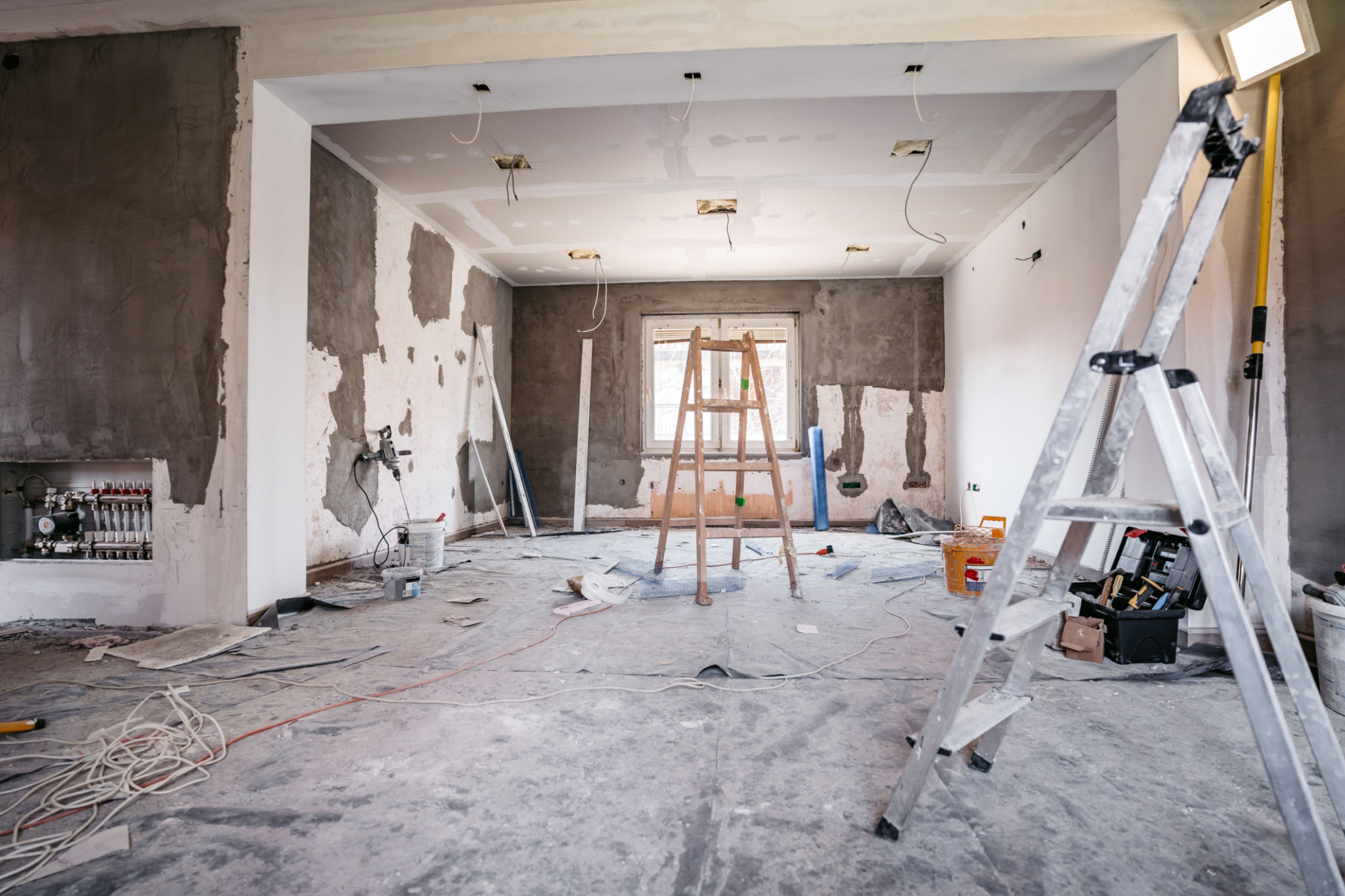Local Building Regulations in Greater Manchester: What Homeowners Need to Know
Understanding Local Building Regulations
For homeowners in Greater Manchester, navigating local building regulations is an essential aspect of any renovation or new build project. These regulations ensure that all construction work meets specific safety, health, and environmental standards. Being aware of these requirements not only helps you stay compliant but also ensures the safety and longevity of your property.

Why Building Regulations Matter
Building regulations are designed to protect the interests of homeowners and the community. They cover various aspects, including structural integrity, fire safety, energy efficiency, accessibility, and ventilation. Adhering to these regulations helps prevent substandard construction practices that could lead to costly repairs or even legal issues in the future.
Failing to comply with building regulations can result in enforcement actions from local authorities, which can include fines or the requirement to undo non-compliant work. Therefore, understanding and following these regulations from the outset is crucial for any homeowner considering construction work.
Key Areas Covered by Building Regulations
The building regulations in Greater Manchester cover a broad spectrum of areas. Here are some key aspects you should be aware of:
- Structural Safety: Ensuring that buildings can withstand loads and forces.
- Fire Safety: Measures to prevent fire spread and ensure safe evacuation.
- Energy Efficiency: Standards for insulation, heating systems, and energy use.
- Accessibility: Making buildings accessible for all users, including those with disabilities.
- Ventilation: Adequate airflow to maintain air quality and prevent condensation.

Applying for Building Regulations Approval
Before commencing any construction work, it is essential to apply for building regulations approval through your local authority. This involves submitting detailed plans that demonstrate compliance with the relevant standards. The approval process might include inspections at various stages of construction to ensure compliance is maintained throughout.
Homeowners can choose between a Full Plans application or a Building Notice application. The former involves a detailed assessment of the plans before work begins, while the latter is more suitable for smaller projects where work can start quickly without a detailed pre-approval process.
Common Pitfalls and How to Avoid Them
Many homeowners encounter issues because they start work without fully understanding the building regulations. Here are some common pitfalls to avoid:
- Assuming Planning Permission Covers Building Regulations: These are separate processes; obtaining one does not mean you have the other.
- Skipping Detailed Plans: Detailed plans help ensure all aspects of regulations are considered from the start.
- Overlooking Inspections: Regular inspections are crucial to ensure ongoing compliance during construction.

Seeking Professional Guidance
Given the complexity of building regulations, seeking professional guidance can be invaluable. Architects, builders, and surveyors with experience in local regulations can provide insights and assistance throughout the process. They can help prepare the necessary documentation, submit applications, and liaise with local authorities on your behalf.
By leveraging expert advice, homeowners can navigate the complexities of building regulations more effectively, ensuring a smoother construction process and a compliant end result.
Conclusion
Navigating local building regulations in Greater Manchester is a crucial part of any home improvement project. By understanding the requirements and seeking professional guidance where necessary, homeowners can ensure their projects are safe, compliant, and successful. Remember, informed planning is key to avoiding pitfalls and ensuring your home stands the test of time.
